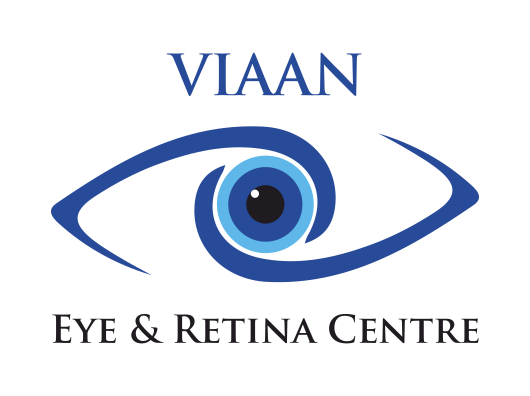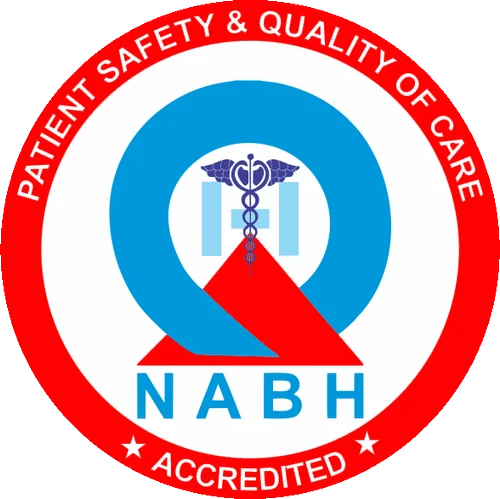
Retinal vascular occlusion as the name strikes is a disease associated with eyes. This disease affects the retina of the eyes. According to the best eye hospitals in Gurgaon retinal vascular occlusion is potentially serious condition especially if hardening of the arteries or atherosclerosis already exists. It most often occurs in middle-aged and older people.
The retina vascular occlusion is the combination of three words ‘retina’, ‘vascular’, ‘occlusion’. The retina is a light-sensitive layer of tissue that lines the back of your eye and is covered with special cells called rods and cones that convert light into neural signals. These signals are sent on to the brain so you can see thus making the retina vital for vision. The vascular system includes blood vessels called arteries and veins, which transport blood throughout your body, including your eyes. However, it’s possible for one of the vessels carrying blood to or from the retina to become blocked or to have a blood clot. This is called an occlusion. The occlusion can cause blood or other fluids to build up and prevent the retina from properly filtering light. When light is blocked or fluids are present, a sudden loss of vision can occur.
Types:-
There are two types of retinal vascular occlusion. The type depends on which blood vessel is affected:-
Retinal artery occlusion:-
Retinal artery occlusion is a blockage of one of the retinal arteries, which are blood vessels that carry oxygenated blood from the heart to your retina.
Retinal vein occlusion:-
Retinal vein occlusion is blockage of one of your retinal veins, which are blood vessels that carry deoxygenated blood back to your heart.
Causes:-
However, the specific cause of blood clots in the retina is unknown; some of the best eye specialists from Gurgaon highlight few risk factors that cause retinal vascular occlusion. These are listed below:-
Heart problems, including irregular rhythm or valve issues
- High blood pressure
- High cholesterol
- Inflammatory disorders such as giant cell arteritis
- Rarely occurring blood disorders
- Atherosclerosis or hardening of the arteries
- Macular edema, which is fluid buildup, swelling, and thickening of the central part of the retina
- Excessive smoking
- Overweight
Symptoms:-
If you are experiencing a sudden change in vision then this might be because of the retinal vascular occlusion. Vision change which includes blurry vision or a partial or complete loss of vision is the symptom of retinal vascular occlusion. The vision symptoms usually only occur in one eye. It may be noted that physical pain is not a symptom of retinal vascular occlusion.
Prevention:-
Prevention is always better than cure. By introducing a few changes suggested by top eye clinics from Gurgaon in your diet and lifestyle, you can surely prevent retinal vascular occlusion. These changes include quitting smoking, exercising, maintaining a healthy weight, keeping blood sugar at a healthy level and controlling diabetes and eating a healthy diet. You should also adapt to the habit of routine checkups with an eye specialist. If you are looking for the best eye clinic in Gurgaon you should definitely consider Viaan eye and retina center.



